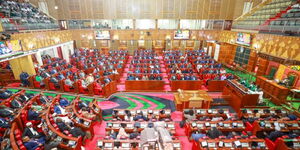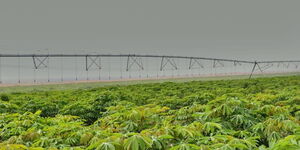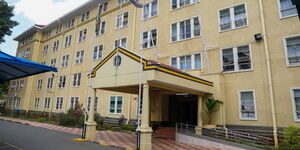The Pharmacy and Poisons Board (PPB) has proposed an increase in licensing fees for professionals and businesses in the sector, a move that could add more pain to already struggling businesses and professionals.
In a report sent to Kenyans.co.ke, the Pharmacy regulatory body will triple or double some of the fees while others will increase by between 20 to 40 per cent. However, a few will be retained.
“The PPB, is in the process of revising its fees in order to keep up with the continuing increase in costs of services as well as the technology used in ensuring the provision of quality services,” PPB noted.
"The PPB levies fees for services rendered in executing its mandate of regulating the profession of pharmacy and ensuring the safety, quality, and efficacy of medical products and health technologies."
Among the proposed taxes include the Annual Practice License for pharmacists which has been increased from Ksh 5,000 to Ksh 10,000.
Registration of Pharmacy Premises has also been hiked from Ksh10,000 to Ksh15,000 while the wholesale dealer’s license has been increased by Ksh 20,000 to Ksh50,000.
The license to deal in mining, agricultural and horticultural poisons has been increased from Ksh5,000 to Ksh 10,000 in the new proposed changes same as the license to sell Part II poisons.
Other services that are also set to be affected by the new changes include companies manufacturing drugs which will be required to pay Ksh5000 per product.
In order to get a pharmaceutical representative permit, one will have to pay Ksh10,000 up from Ksh5000.
The manufacturing license has tripled from Ksh 50,000 to Ksh 150,000 while the certification of documents will cost Ksh 10,000 up from Ksh 1000.
According to PPB, the expanding regulatory scope has strained the organization's resources and narrowed the organization's revenue base, thus forcing PPB to introduce the new hiked taxes.
"As such there is an urgent need to expand our revenue base to meet current regulatory resource needs and ensure sustainability of providing quality services," PPB noted in a statement.
"The amendments, however, have not adequately addressed the expanding mandate in terms of fees charged for services rendered and penalties meted out to offenders."












